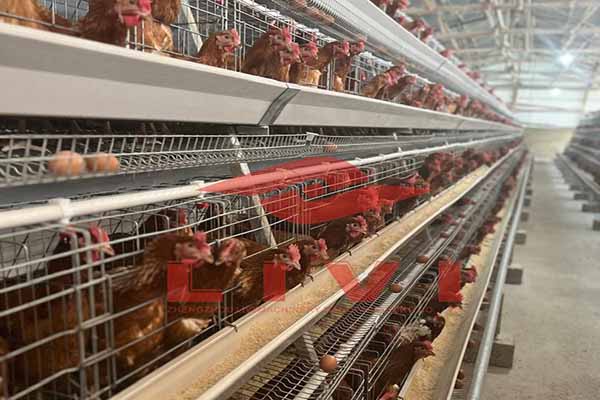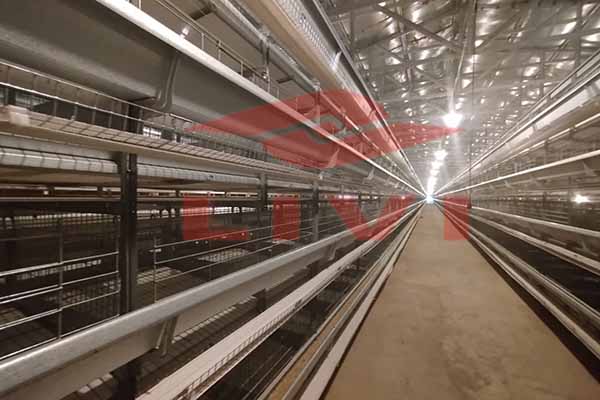
Kenya’s ambitious poultry farming project, housing 60,000 layer hens, represents a significant advancement in the nation’s agricultural sector. Central to this success is the adoption of Zhengzhou Livi Mechanical’s cutting-edge high-efficiency H-type layer chicken cages. Engineered to optimize commercial egg production, these cages provide transformative benefits that extend beyond operational efficiency to generate profound social and economic advantages.
Kenya’s population growth and rising nutritional awareness have escalated demand for affordable, high-quality protein sources. Poultry farming, particularly egg production, plays a pivotal role in meeting these needs. However, traditional farming methods faced challenges including disease control, suboptimal productivity, and resource inefficiencies. The implementation of automated, durable, and internationally standardized cage systems in the 60,000-layer egg project has marked a decisive step towards modernizing Kenya’s poultry industry.
Designed specifically for commercial scale egg production, these cages can accommodate between 5,000 to 30,000 birds per installation, making them scalable and adaptable to farms of varying sizes. Constructed from premium-grade Q235 steel, the cages exhibit exceptional durability against corrosion and mechanical wear, ensuring a lifespan that significantly reduces replacement costs.
The structural integrity is complemented by an advanced automated system that facilitates:
These features collectively contribute to enhanced hen welfare, higher egg yield per bird, and minimized production downtime.

The deployment of Livi’s cages within the Kenyan egg project has led to notable uplifts in multiple key performance indicators:
| Performance Metric | Improvement |
|---|---|
| Egg Production Rate per Hen | Increased by 18% |
| Mortality Rate Reduction | Dropped from 7% to 3% |
| Feed Conversion Efficiency | Improved by 12% |
Beyond numbers, the technology has enhanced labor productivity by streamlining routine management processes, thus reducing human error and labor costs. Furthermore, these efficiencies translate into more affordable eggs in the local market, supporting food security and income generation within the community.

Zhengzhou Livi Mechanical’s H-type layer cages set a benchmark for future poultry projects throughout Africa and other emerging markets. Their compliance with international standards assures investors and operators of system reliability and scalability. As automation and precision farming become core to agricultural competitiveness, the integration of such advanced equipment is no longer optional but essential.
The project’s success offers a replicable model for governmental agencies, agribusiness stakeholders, and development organizations focused on sustainable agricultural value chains and rural empowerment.

